
Kat Aoki was a personal finance writer at Finder, specializing in consumer and business lending. She’s written thousands of articles to help consumers make better decisions on their home loans, bank accounts, credit cards, cryptocurrency and more. Kat is well versed in working with leading brands in the real estate, mortgage and personal finance industries, and her expertise has been featured on Lifewire and financial comparison sites like iSelect and realestate.com.au. She holds a BS in business administration from California State University, Sacramento and enjoys hiking and yoga in her spare time.
Expertise
- Mortgages
- Home equity loans
- Mortgage refinancing
Experience
- Freelance writer for over 12 years, with a focus on technology, fintech, personal finance, home loans and real estate
- Hundreds of bylines with industry-leading brands, including Amex, Citibank, Lenovo, Canon, Microsoft, GE Money and Thomson Reuters
- Worked in IT with experience as a Microsoft Certified Database Administrator (MCDBA)
Education
- Bachelor of Science in Business Administration and Marketing | California State University, Sacramento
- Microsoft Certified Database Administrator (MCDBA)
Industry insights from Kat Aoki
We asked Kat to flex her expertise and answer some of our most burning questions about the state of the mortgage industry in a post-COVID world.
How much do you have to put down so you don’t have to pay private mortgage insurance?
Most conventional mortgages require you to make a minimum down payment of 20% to avoid paying private mortgage insurance (PMI) on top of your regular repayment. PMI is a type of insurance that protects lenders if the borrower defaults on their loan. However, some lenders offer special loan programs that don’t require PMI. For example, VA loans have no PMI, medical professional loans often have no PMI requirements, and some first-time homebuyer programs might forgo PMI in exchange for a higher rate — although this may not save you money.
As we get closer to seeing the end of the coronavirus pandemic, do you think it's better to take out a 15- or 30-year mortgage?
The choice between a 15- year versus a 30- year loan really boils down to how much you can afford to pay toward your mortgage every month. In general, it’s always better to pay off your loan faster than slower. So, if you can afford the higher monthly payments, go with a 15-year mortgage, as it can shave tens of thousands of dollars off your interest over the long run. But as the 2020 showed us, life isn’t always predictable, so choose the term length and monthly payment that best fits your needs during times of financial ups and downs.
My house has significantly increased in value since 2020. Is now a good time to tap into my home equity so I can get cash out?
Tapping into your home equity with a home equity loan, line of credit or cash-out refinance can give you access to cash for a range of needs. But I wouldn’t advise borrowing against your home’s equity unless you have a financially sound reason for doing it — for example, to pay for home improvements, for property or business investment purposes, for debt consolidation or to pay down high-interest student loans. Borrowing against your home equity increases your debt, which you have to pay back either now or later. When it comes to taking on more debt, it’s always important to weigh the pros and cons.
Latest articles by Kat Aoki
142 articles written by this author

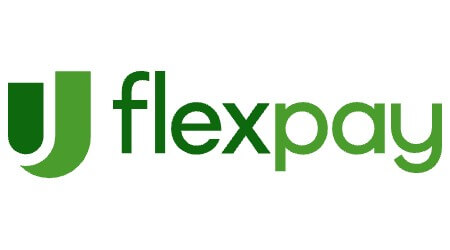
Buy now, pay later
A review of Flex Pay (formerly Uplift), a BNPL service that lets you make travel and other purchases and repay them over time in equal monthly installments.

Business Loans
Lenders offer funds to business owners that are repaid with interest or fees according to the terms of your loan agreement. Find out how popular types of business loans work.

Business Loans
Getting a business loan can be hard when banks and other traditional lenders have strict requirements. See what startup loan options are available.

Cash Advance Apps
Compare the 8 best cash advance apps for low fees, high limits and more.
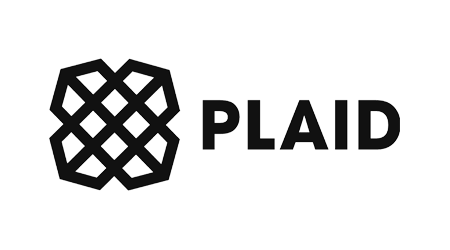
Cash Advance Apps
Most cash advance apps use Plaid. Here are 5 that don’t.
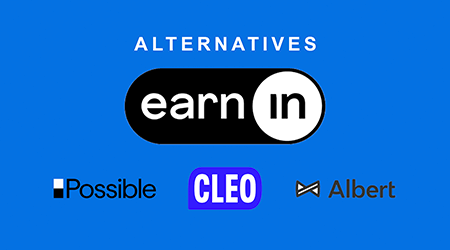
Cash Advance Apps
Compare apps that give you quick access to money you've already earned.
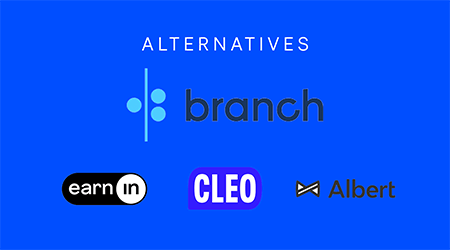
Cash Advance Apps
If your employer doesn't work with Branch, check out similar apps to get your money today.
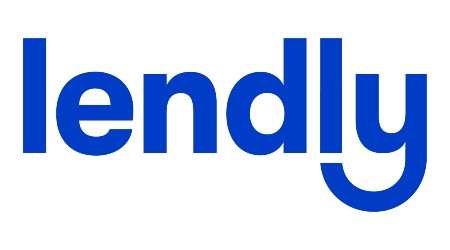
Short-term loans
Explore other no-credit-check loans like Lendly that may be cheaper and faster to fund.
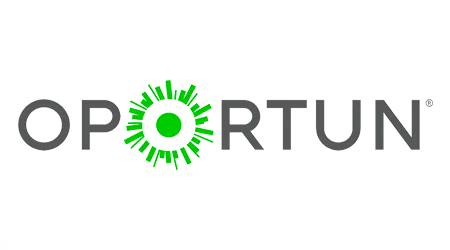
Short-term loans
Find a lender with a wider service footprint that offers instant cash.